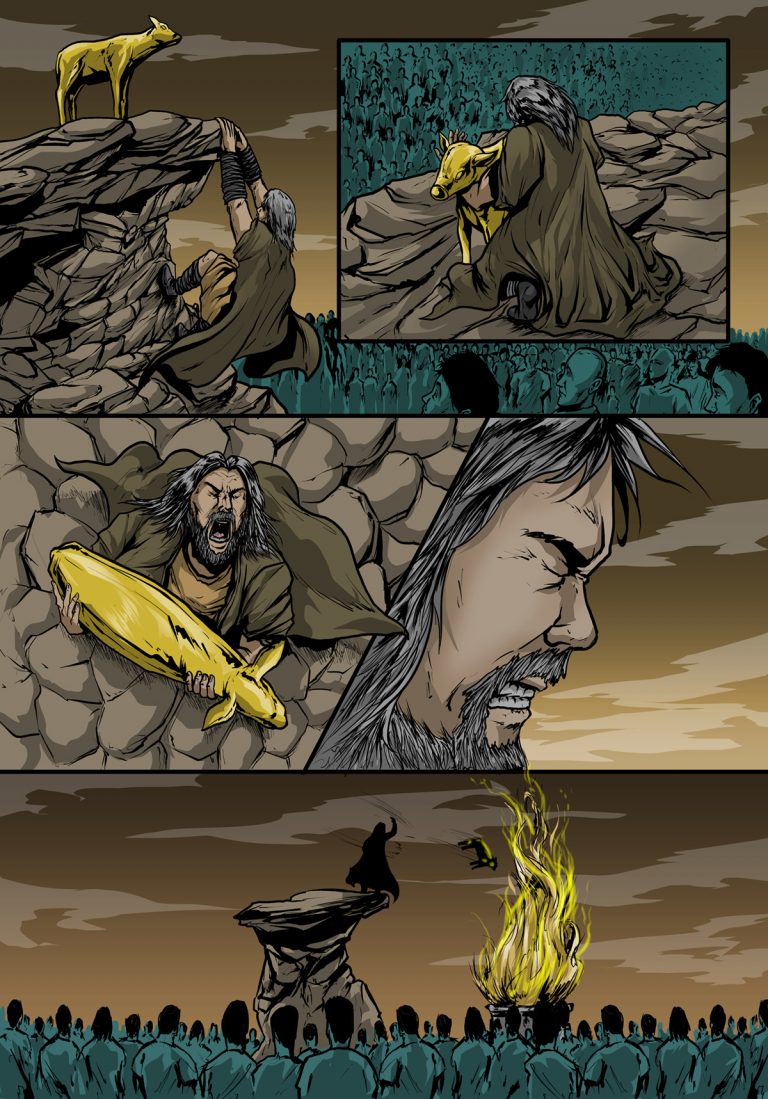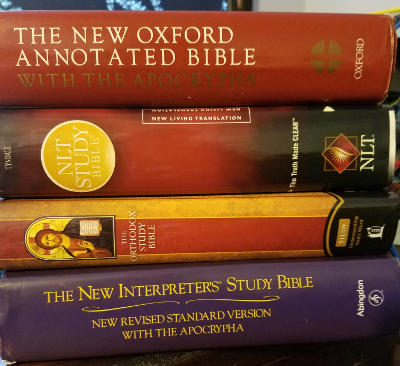Psalm 119:41 – Grace, Rescue, and Response
Let your grace (chesed) come to me;
Rescue me according to your word.
I’m sure you can see where the “grace” and “rescue” come from in my title, but what is this matter of “response”?
We’ve already talked about grace and rescue, and will do so again before I’m finished with these verse-by-verse meditations. But what struck me today about this verse is its place in the Psalm and the nature of this Psalm as a whole.
I’ve now written 40 of these meditations, 41 when this one is completed. That represents five sections out of an eventual 22. Each section contains eight verses, and all of those verses begin with the same letter of the Hebrew alphabet.
English readers often get the feeling that Hebrew poetry is unstructured or undeveloped. This is because it is difficult to translate poetry from one language to another. It’s even more difficult when the idea of poetry in the two languages differ.
Unlike English, rhyme is not common in Hebrew poetry, though both alliteration and rhyme occur occasionally. The key to Hebrew poetry is a parallelism of ideas and rhythm. The rhythm is next to impossible to translated, though some fairly credible efforts have been made by people with the right skills. Those skills are sadly not mine.
Psalm 119, however, adds a structure in with these 176 couplets, divided as they are into sections and arranged according to the alphabet. Why do you do a thing like this?
The answer, at its root is simple, I think. The psalmist is overwhelmed by the God of Israel who has provided a self-revelation, pointed to glory through laws, signs, and presence, and who leads toward glory.
Most of us have ways in which we react to things that impress us. When that is favorable, we have ways of expressing that praise. This is not merely a religious thing. The psalmist is looking at a body of stories and laws that make up Israel’s Torah. Others might be looking at mountains, or beautiful animals in the wild (or in one’s home!), or gazing at the wonders of the universe through a telescope, or looking at the amazing things, living and otherwise, that are two small for human vision unassisted.
What do you do when you see these things? Well, you can go to church and sing hymns or other songs of praise and worship. I imagine most of my readers find that to be a suitable response, as indeed do I. What I’m suggesting is that we look at what others have done or might do.
- Like the psalmist, we might write some incredibly complex and interest poetry suitable for reading, singing, or deep study, an offering of one’s best to the Lord in written form.
- Or one might take impressive photographs with an eye for a scene that nobody else imagines.
- One might go out and serve others, helping maintain the order and structure of society, for example as police officers, court officials, or military personnel.
- A scientist might observe and structure the data into valuable theories, useful for predicting other results, publishing them in often very obscure journals, known by only a few.
- An engineer might take those theories and turn them into technology, such as medical devices, aircraft, spacecraft, or even better telescopes and microscopes for someone else to use in greater learning.
- Someone else may choose to teach, helping to guide God’s children into better ways of living in God’s world.
- A fiction writer might fashion a story of the imagination, opening up vistas of thought.
- A mathematician might work out a complex formula, pages filled with symbols and figures.
- A musician might represent the glory he can just barely see with sound, lifting our hearts and minds higher through this sound.
The very nature of this response is challenging.
I’ve been asked many times why it was that I memorized Psalm 119 as a child. The bottom line is that I had to do it. It was a requirement. But the next question is why, having been forced to memorize it, I still like it, even love it. “All that dull repetition! How can you stand it?”
For me, it’s because, having spent time memorizing, then studying this Psalm, first in English, but later in Hebrew, I have found it to be an amazing work of literature. It reflects someone’s love and appreciation, but also their hope. Someone is looking for higher ground and this is how that someone presents it.
I’m grateful for the Psalm. I’m enjoying meditating on it. I’m enjoying that various trails it suggests to me that are outside its actual structure.
How will you express your response to the beauty that there is around us?
(Featured image is from Adobe Stock by ckybe, licensed, not public domain.)



